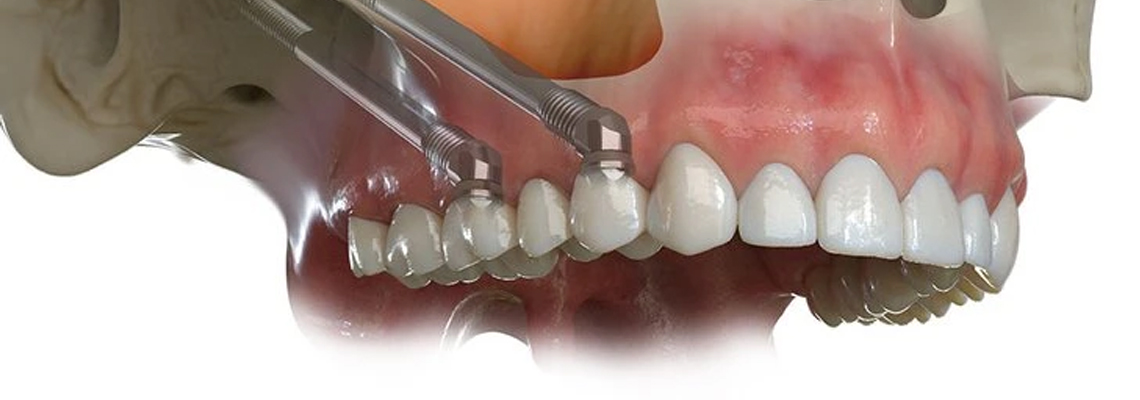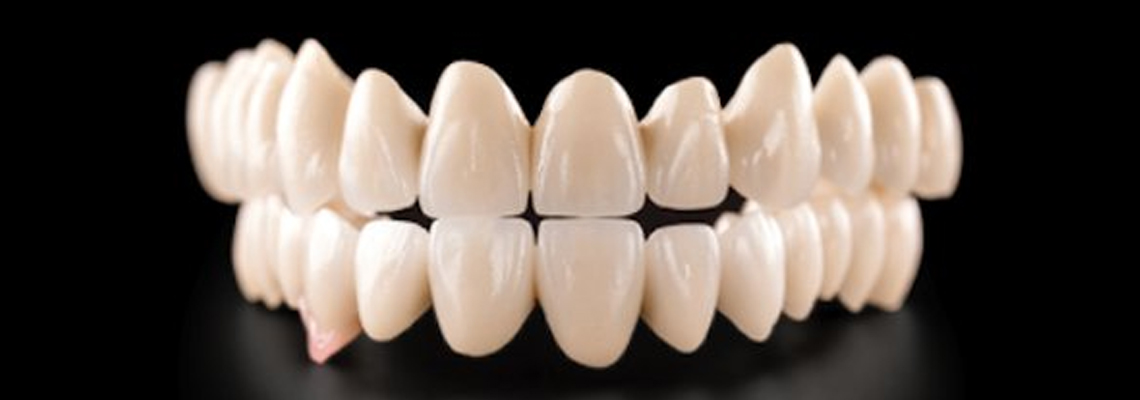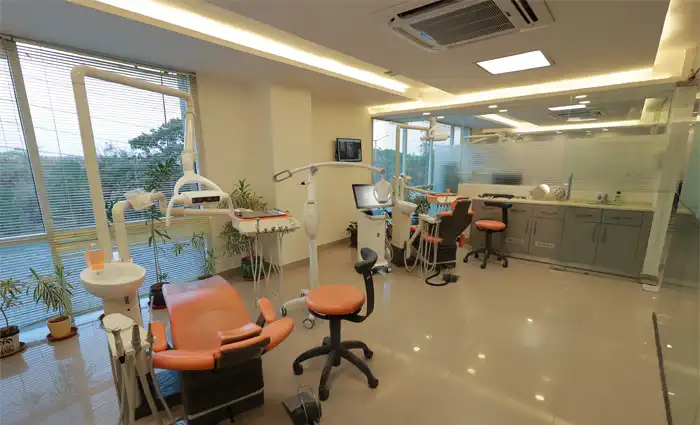It’s normal to feel self-conscious about your smile if you see that your gums are beginning to recede and your teeth appear longer. Receding gums are a frequent issue that might be caused by a terrible dental habit, an underlying dental problem, or an inherited feature. Learn whether or not receding gums may regenerate and how to stop it from growing worse.
The goal of this post is to inform patients about the causes and dangers of gum recession. Our gums are just as vital as our teeth and might be more vulnerable to physical harm and illness.
What Causes Gum Recession?
Your teeth should be held in place by healthy gums that hug them. However, a number of things can make them pull apart and result in receding gums. These consist of:
- Chronic gum disease
- Unsuitable dentures
- Brushing excessively
- Trauma
- Genetics (patients with thin gums)
- Nicotine usage
- Aging
The Progression of Gum Disease
Gum recession can occasionally be brought on by plaque accumulation along the gum line. To stop additional gum recession and the spread of gum disease, patients with dental anxiety and bad oral habits are frequently constantly watched. Periodontal pockets are formed as the gums separate from the teeth, exposing the tooth root. In the tiny pockets, plaque and food particles can accumulate, causing gum irritation and bleeding, which can result in gingivitis. Periodontal disease begins with gingivitis, which can be treated with dental procedures and proper oral hygiene.
Can Gums That Are Receding Regrow?
Our gums don’t regrow after receding, unlike other soft tissues in our bodies. Early treatment, however, can stop additional issues, such as tooth loss, and gum recession. Receding gums are an early symptom of gum disease, so patients may work with their dentist to reverse periodontal disease and prevent immune system impairment.
The germs that cause illness will continue to assault the gums and teeth if gum recession is not addressed. They will begin to cause tooth decay at the tooth roots as well as gum inflammation and bleeding. The patient’s smile and tooth sensitivity are frequently impacted by the exposed tooth roots.
Treatment for Receding Gums
Your dentist may suggest any of the following to slow the development of gum recession and enhance the look of your teeth and gums:
Scaling & Root Planing (Deep Cleaning)
A thorough cleaning technique called scaling and root planing gets rid of tartar and plaque below the gum line. Plaque can be removed in order to retain the healthy structure of your teeth, gums, and jawbones and to lessen the inflammatory effects of gum disease. The process of scaling involves removing plaque and tartar from your teeth and tooth roots. On the other hand, root planing involves smoothing the surfaces of your teeth to stop germs and food particles from adhering. Additionally, a smooth tooth surface helps your gums to reposition your teeth and eliminate periodontal pockets.
Gum Grafting
Your dentist could suggest a gum transplant if you have extensive gum recession or genetically thin gums. It is a surgical treatment in which connective tissues are transplanted onto the receding gums from other areas of the mouth, such as the roof of the mouth or the gums around the afflicted area. Your gums will be returned to perfect health when the gums mend and unite with the transplanted tissue. Depending on how well you recuperate, the post-treatment care may run for two weeks to a month.
Routine Periodontal Care
Patients with considerable bone loss and a history of gum disease or gingivitis undergo periodontal maintenance every three months to track the development of the condition. It is a technique for cleaning teeth that focuses on removing plaque and tartar from the gum line. Additionally, your dentist evaluates any additional symptoms like inflammation and poor breath.
How to Stop Your Gums From Receding
The majority of people don’t become aware of their receding gums until they are somewhat advanced. The gums also gradually recede and becoming smaller, one millimeter at a time. So, here are some helpful preventative strategies to avoid your gums from becoming thinner and peeling away from your teeth:
Brush & Floss Daily
Nothing compares to oral hygiene’s preventative effects. Plaque and tartar can be avoided if you floss at least once before night and clean your teeth twice a day. You get rid of tons of sugar and food scraps with each brush, which feed the bacteria.
Regular Checkups With Your Dentist
There are some crevices in our mouths where germs can accumulate since the bacterium from plaque is too minute to be seen with the naked eye. You may obtain a complete evaluation of the state of your oral health with the aid of routine tooth cleanings and exams with your dentist. Only your dentist can detect a quiet development of dental issues like gum recession that you may be experiencing.
Gentle Brushing
Even brushing too hard is bad for our health in excess. The gums may get irritated and begin to tear away from your teeth if you brush too vigorously. Your teeth’s cleanliness does not depend on how vigorously you brush, but rather on thoroughly cleaning each surface, particularly the gum line.
Healthy Diet
Your diet is extremely important for maintaining good dental health. Fibrous foods like fruits and vegetables may naturally clean your teeth by scrubbing the surfaces. Additionally, they include vital elements like calcium and fluoride that will keep your teeth healthy.
With the help of Dr. Motiwala Dental Clinic & Implant Center, stop your receding gums from growing worse.
With time, your receding gums may worsen. Make an appointment right away to stop the progression of gum disease and stop further loss of gum tissue. Your gums are just as crucial to oral health as the rest of your mouth. To find out how to maintain optimum gum health, contact us now.
Are You Looking For Dental Implants
Click on the links below to learn more about the approximately $50,000 savings option for Dr. Motiwala’s packages.
- Full mouth dental implants & Cost of Treatment
- Smile Makeover & Cost of Treatment
- Watch 100’s of Testimonials from our International Patients
Make An Appointment!
Get in touch with us right away if you’re interested in learning more about dental implants and how they could improve the strength and attractiveness of your smile. Call +91 99596 14584 to schedule a consultation with the Dr. Motiwala Dental Clinic & Implant Center team and learn more about the treatment. You may also contact us by clicking the banner below and completing the form on our website’s Contact Us page.





















